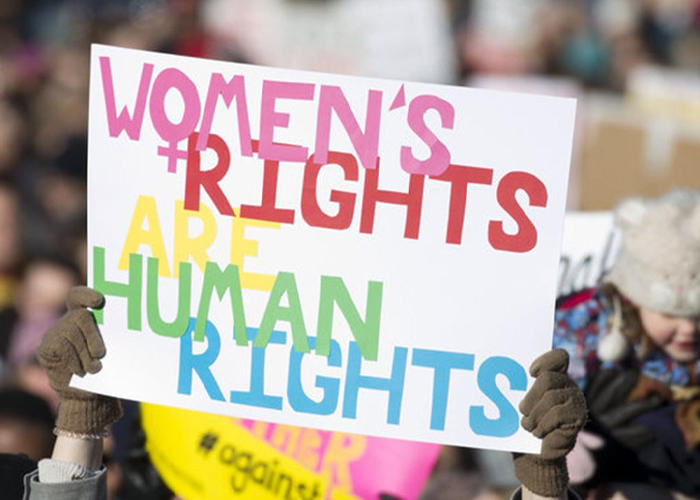As regional and global stakeholders and the United States seek to broker the stalled intra-Afghan dialogue, the rights and freedoms of Afghan women make the international headlines and Afghan women are concerned about having their rights compromised at the negotiating table. The issue of women’s rights has been a controversial topic for decades in Afghanistan as there were many ups and downs.
The Taliban are still unwilling to be outspoken about the rights and liberties of women. They sidestep questions about the women’s rights discourse as they do about democracy and human rights and freedoms. The Taliban leaders are likely to view women with discrimination and consider them inferior to men.
It is important to note that the rights and freedoms of women should not remain vague in the agreement if signed between the Taliban leadership and the Afghan government. Women’s social, political, cultural and economic role has to be defined clearly since the Taliban’s “Islamic Sharia” is highly vague and confusing. That is, the Taliban leadership is seeking loophole regarding women’s issues through religious terminology, especially “Islamic Sharia”. For instance, if peace agreement is signed and says that “Afghan women will exercise their rights and freedoms in the Islamic framework”, it will be really ambiguous and could create a loophole for the Taliban. To this end, the Taliban should not be let to change the Constitutional Articles about women’s rights on the basis of their own ideology.
If gender discrimination is accepted in one way or another, it will cost the nation too much and it will be a real game with a win-lose situation. With this in mind, the Afghan state and nation as well as Afghanistan’s international allies and the United Nations have to put their weight behind the protection of women’s rights and liberties and seek to safeguard the post-Taliban Constitution, which is based on democratic values and international instruments.
If Afghanistan backpedals in terms of women’s rights and liberties, it will be a historical disdain. Compromising women’s rights and the gains made within the last couple of decades will not be acceptable to the public at all.
Many Afghans believe that since the constitution does not contradict Islamic principles, it does not need to be amended. But this provision also leaves the door open for conflicting visions of the Afghan state and society — the Taliban’s push for a Sharia-based political structure and the Afghans’ persistence on maintaining the constitutional framework, women’s fundamental rights, and democratic principles. Positions could harden in the coming days, imperiling the success of the talks.
The framework of the Constitution, a product of the struggle for democracy, needs to be seen as sacrosanct. A peace agreement at the cost of democratic gains will not be acceptable to the Afghan nation or state.
A more balanced political framework could prove productive for national and regional security and will be a win-win situation. But pragmatism should not be at the cost of human rights and women’s rights and liberties.
The people of Afghanistan appreciates the decision of the regional and global stakeholders, including the neighboring countries, for withdrawing their support for the Islamic Emirate, which is a nightmare for Afghan ordinary people in general and for women in particular since women suffered severely under the emirate system of the Taliban.
It is self-explanatory that the Taliban are seeking to create loophole for political exploitation through religious terms such as “Islamic Sharia” and “Islamic Emirate”.
Within the last couple of decades, Afghan women proved their effective role in social and political arenas and played highly constructive role in political progress. If women’s role and freedoms are curtailed, the country is likely to face horrible consequences and the level of progress will slow down to a great extent. Hence, women are never a threat to social and political activities but a significant contributor and heavyweight player. In short, women proved to be great teachers, doctors, engineers, pilots, soldiers, police officers, writers, professors, artists, activists, judges, counsellors, ministers, ambassadors, etc. Since they have the abilities and capabilities, they have to be further empowered.
Overall, gender discrimination is not acceptable to the public and there should be no room for it. Both men and women made sacrifices within the past decades to eliminate discrimination of all types, including gender discrimination. The future political structure should not be shaped on the basis of ideology but law and international instruments.
All Afghans made sacrifices for democratic values and embraced democracy without hesitation. Hence, the nation-building has to be shaped on the basis of public will and consent. The path for elections and referendum should not be blocked.
Home » Opinion » Concerns Continue about Women’s Rights
Concerns Continue about Women’s Rights
| Hujjatullah Zia

